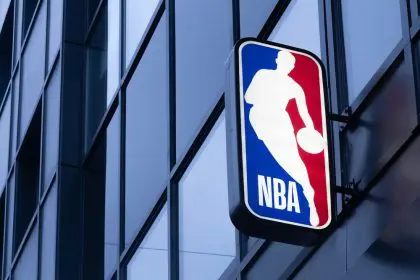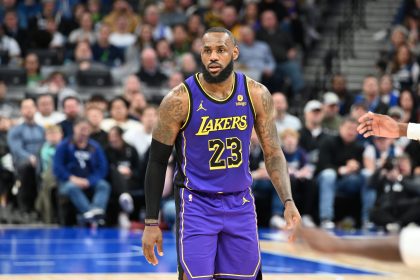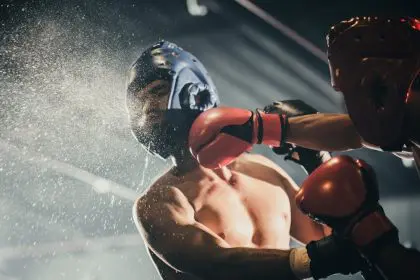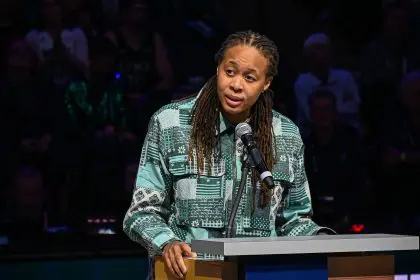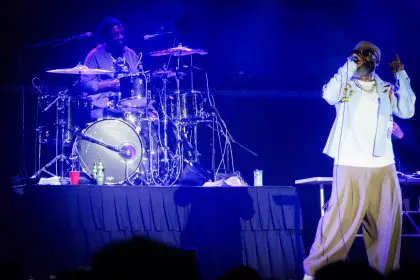A baseball giant has taken his final swing just weeks before Hall of Fame induction.
Dave Parker, the hard-hitting, cannon-armed outfielder affectionately known as “The Cobra” for his lightning-quick reflexes and deadly accuracy, died unexpectedly on June 28, 2025, at the age of 74—just weeks before his long-awaited induction into the National Baseball Hall of Fame. His enshrinement, set for July 27, will now be a posthumous tribute to one of the game’s most dynamic and complicated stars.
Parker’s death leaves a bittersweet note during a season of celebration. After decades of waiting, he was finally elected to the Hall of Fame in December 2024 by the Classic Era Committee—a recognition that many of his peers and fans had long believed was overdue.
Parker burst onto the scene with the Pittsburgh Pirates in 1973 and quickly established himself as a powerful, five-tool player. From 1975 to 1979, he was among the most feared hitters in Major League Baseball. In 1977 and 1978, he captured back-to-back National League batting titles, and his dominant 1978 season—where he hit .334 with 30 home runs and 117 RBIs—earned him the league’s MVP Award.
He was not just an offensive powerhouse. Parker’s arm became legendary after the 1979 All-Star Game, where he gunned down runners at third base and home plate—moments viewed in highlight reels across generations.
Parker played a pivotal role in the Pirates’ 1979 World Series Championship, helping lead the “We Are Family” team to glory. Later in his career, he won a second ring in 1989 with the Oakland Athletics as a veteran presence during the “Bash Brothers” era alongside sluggers Mark McGwire and Jose Canseco. He also enjoyed successful stints with the Cincinnati Reds, Milwaukee Brewers, and California Angels, finishing his career with 2,712 hits, 339 home runs, 1,493 RBIs, and a .290 batting average over 19 seasons.
Despite his immense talent, Parker’s career faced hurdles. In the early 1980s, he struggled with injuries, weight issues, and drug use—troubles that briefly dimmed his star. But in a testament to his resilience, Parker revitalized his career after joining his hometown Cincinnati Reds in 1984. The following year, he finished second in the MVP vote, hitting .312 with 34 homers and a league-leading 125 RBIs.
While he never received more than 24.5% of the vote on the BBWAA Hall of Fame ballot and was overlooked by earlier veterans committees, his traditional statistics and larger-than-life presence finally earned him a spot in Cooperstown.
Beyond the field, Parker was a beloved figure. Diagnosed with Parkinson’s disease in 2012, he remained active in the baseball community, continuing to inspire with his strength, wit, and humility. His passion for the game and mentorship to younger players never waned.
In 2022, he became a member of the inaugural class of the Pittsburgh Pirates Hall of Fame, a franchise he called home for 11 seasons.
The Pirates paid tribute on social media:
“We are heartbroken to learn of the passing of Hall of Famer Dave Parker. A legendary Pirate, Parker spent 11 years in a Pirates uniform, winning two batting titles, an MVP award, and a World Series Championship in 1979. The Cobra will be enshrined in the National Baseball Hall of Fame in Cooperstown next month.”
Though he won’t take the stage in Cooperstown himself, Parker’s legacy will be cemented forever. His induction into the National Baseball Hall of Fame is a testament to his status as one of baseball’s most electrifying and human stars—a reminder that greatness comes not just from talent but from the courage to rise again.
On July 27, the baseball world will gather in upstate New York to honor The Cobra. Though his voice will be absent, his presence—his swagger, his thunderous bat, and his cannon arm—will loom large over the ceremony.
Rest in power, Dave Parker.

